Student Veteran’s Organization
There were 6,643 UGA students, 65% were veterans. Some of these Student Veterans created the Student Veterans’ Organization (SVO) (Dyer, 255, 258).

There were 6,643 UGA students, 65% were veterans. Some of these Student Veterans created the Student Veterans’ Organization (SVO) (Dyer, 255, 258).

UGA Student Veterans created the University Veterans Association (Dyer, 258).
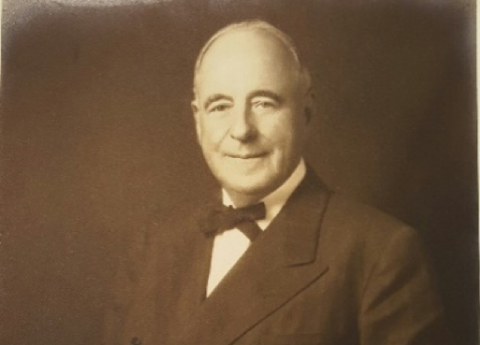
In response to the legislation, UGA Chancellor Sanford advocated curricular adjustment and plans for a “postwar university” as well as a change in the university mission that encouraged a “much-expanded role in areas of research and public service” (Dyer, 251).

President Roosevelt outlined a program for “smoothing the assimilation of large numbers of veterans into postwar society,” which become the Servicemen’s Readjustment Act of 1944 or simply the GI Bill (Dyer, 249).

UGA’s policy on students departing their studies for World War II was: “Any student who left for service would be permitted to resume his education after the war ‘as nearly as possible at the point where it was interrupted’” (Dyer, 243-244).
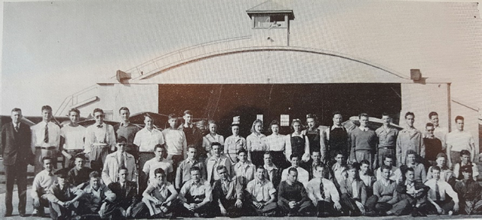
The U.S. Navy built several new buildings on campus (Dyer, 243) and operated a Pre-Flight School at the University of Georgia Campus. As one of only five such schools in the nation, the program trained approximately 20,000 cadets in the skills needed as combat pilots in the Pacific Theater. The Navy utilized most of the…
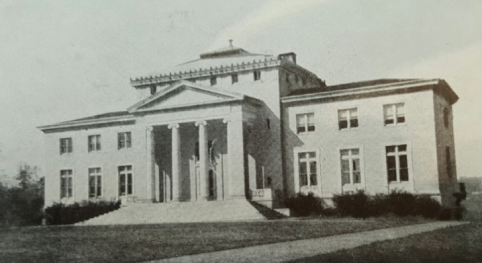
Memorial Hall was built to honor the 47 UGA graduates who died in World War I. An inscription within the building reads, “In loyal love we set apart this house, a memorial to those lovers of peace who took arms, left home and dear ones and gave life that all men might be free.”
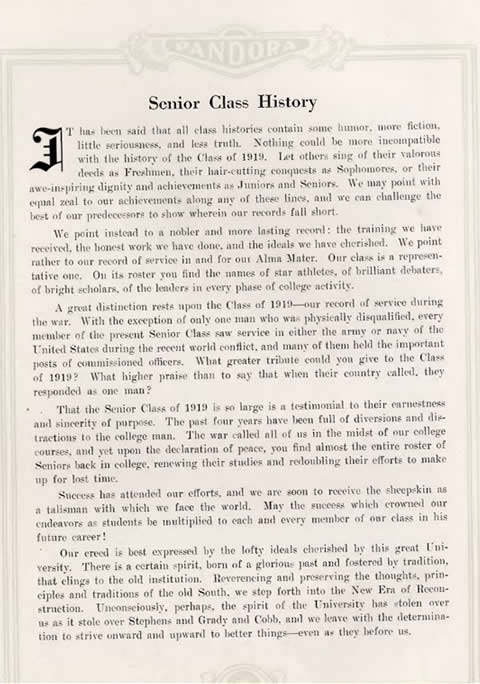
All but one member of the graduating class of 1919 served in the U.S. Navy or Army during WWI and had returned to their studies when peace was declared (UGA; Pandora Yearbook).
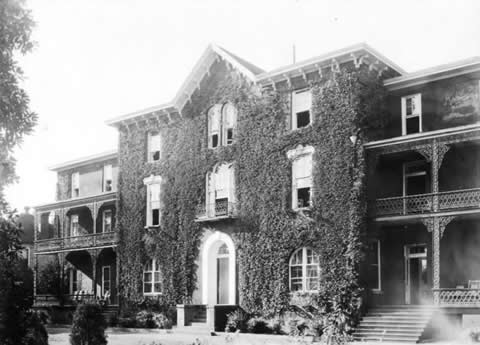
Nearly 100 veterans, or about 60% of UGA’s total enrollment during the Civil War, enrolled at University High School, later called the “Rock College” (Dyer, 112).

The Georgia Assembly approved veteran legislation to “‘educate the indigent maimed soldiers of Georgia…’ The legislation intended to provide teacher training for soldiers who because of their war injuries could not hold jobs requiring extensive physical activity.” This bill allowed veterans of the war to attend the university with free tuition, books, board, and tutoring,…